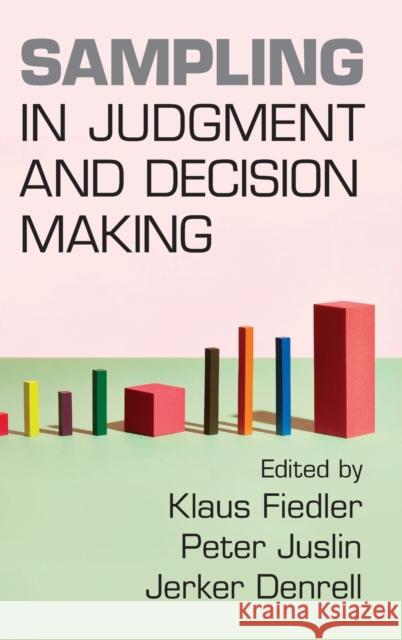Sampling in Judgment and Decision Making » książka
topmenu
Sampling in Judgment and Decision Making
ISBN-13: 9781316518656 / Twarda / 2023 / 520 str.
Sampling in Judgment and Decision Making
ISBN-13: 9781316518656 / Twarda / 2023 / 520 str.
cena 559,69
(netto: 533,04 VAT: 5%)
Najniższa cena z 30 dni: 556,29
(netto: 533,04 VAT: 5%)
Najniższa cena z 30 dni: 556,29
Termin realizacji zamówienia:
ok. 16-18 dni roboczych.
ok. 16-18 dni roboczych.
Darmowa dostawa!
An exploration of how statistical sampling principles impose theoretical constraints and enable novel insights on judgments and decisions.











